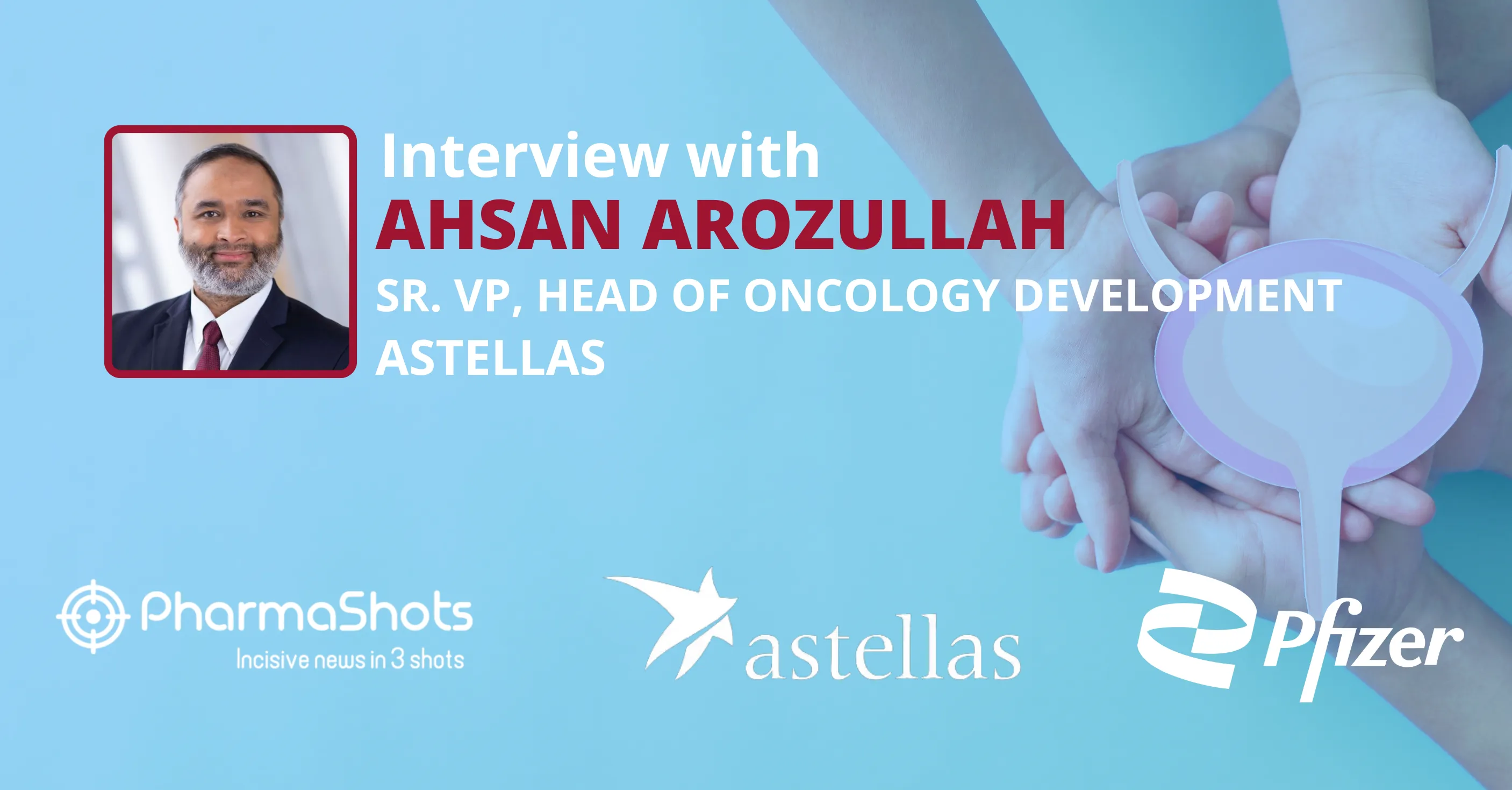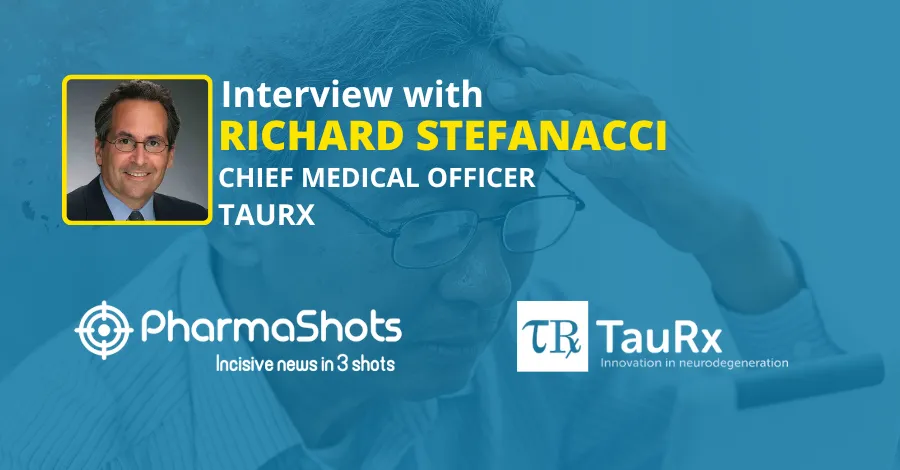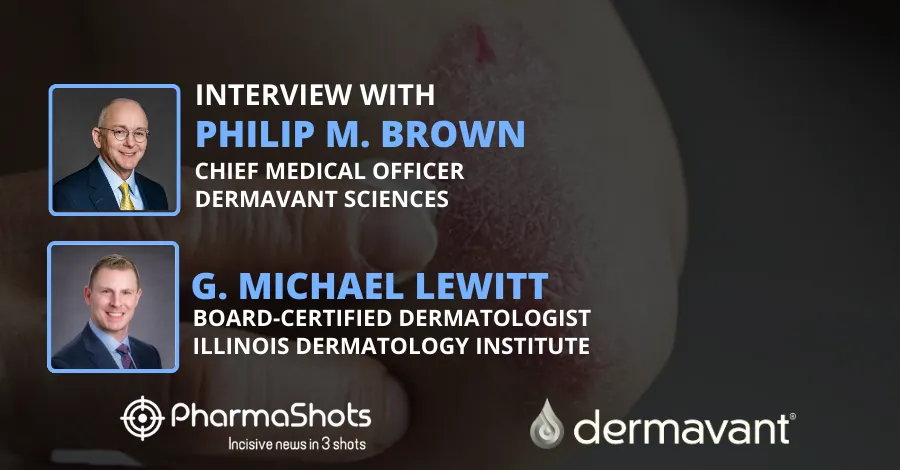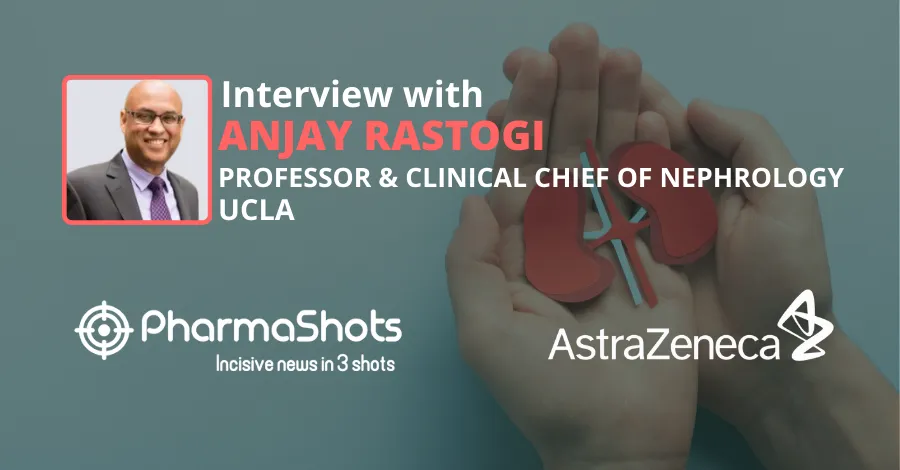
PharmaShots Interview: In Conversation with Cidara’s CEO, Dr.Jeff Stein, Where he Shares Insights on the IND acceptance by the FDA to Treat Influenza
Shots:
-
Jeff spoke about IND acceptance by the US FDA for its lead flu drug-Fc conjugate immunotherapy for the prevention and treatment of Influenza
-
He also discussed Cidara’s collaboration with Janssen Pharmaceuticals to develop and commercialize Cidara’s DFCs
-
The interview also emphasizes Cidara’s Cloudbreak platform to develop immunotherapeutic antivirals and treatment options for influenza
Smriti: Tell us about the CD388 (its MOA, ROA, formulation, pathway, etc.)
Jeff: CD388 is a drug-Fc conjugate (DFC) from our Cloudbreak® platform in development for the universal prevention and treatment of seasonal and pandemic influenza. It is not a vaccine or monoclonal antibody but rather a fundamentally new approach to viral protection. DFCs consist of potent drugs coupled to a human antibody fragment to inhibit disease-specific targets while simultaneously engaging the immune system, triggering robust disease clearance and providing long-lasting protection. For influenza, CD388 is designed to directly inhibit viral proliferation by targeting a conserved region on the viral surface (neuraminidase), potentially conferring universal prevention and treatment of Types A and B influenza with a single seasonal dose.
This approach has the potential to offer transformative benefits over current flu vaccines and treatments, including the effective protection of high-risk and immunocompromised individuals.
Smriti: How does CD388 help in the prevention and treatment of influenza? Which strains?
Jeff: CD388 has an antiviral targeting domain that binds to a conserved region on the viral-infected cell surface called neuraminidase, an enzyme that allows the influenza virus to be released from the host cell. By targeting a protein that remains the same across various strains of influenza, CD388 demonstrates universal antiviral activity for all influenza strains. Simultaneously, the human antibody fragment on CD388 is designed to recruit specialized immune cells called “NK cells” to trigger rapid viral clearance from the body. Based on IND-enabling studies, this dual approach has the potential to confer universal prevention and treatment for all influenza strains, including seasonal and pandemic influenza A and B.
Smriti: Discuss the acceptance of the IND application by FDA for CD388.
Jeff: The IND acceptance of CD388 has given us the ability to begin a Phase 1 study in healthy volunteers. This study, which began in Mid-march, is a tremendous milestone for Cidara and our Cloudbreak® platform as it marks the first opportunity to investigate the transformative potential of one of our novel DFCs in the clinic. We are excited to continue advancing CD388 through clinical development as we believe it has the potential to address a critical unmet need for universal influenza prevention and treatment for all strains for all people, which current flu vaccines and treatments cannot do.
Smriti: Can we have a glance at your collaboration with Janssen Pharmaceuticals for the development of CD388?
Jeff: Last year we entered into an exclusive worldwide license and collaboration agreement with Janssen to develop and commercialize our DFCs for the prevention and treatment of seasonal and pandemic influenza. Under the agreement, Cidara will develop CD388 through Phase 2 clinical development, and Janssen will be responsible for its late-stage development, manufacturing, registration, and global commercialization. We believe Janssen is the ideal partner for our novel influenza DFC candidate, given its expertise and successful development and commercialization of vaccines and therapies for viral respiratory diseases.
Smriti: Tell us how the clearance to advance CD388 will help you to explore the clinical safety of DFCs.
Jeff: To date, CD388 has demonstrated a promising safety profile in preclinical studies. This clearance allows us to assess the safety of CD388 in humans for the first time. Given this is a first-in-human study for any DFC, it is also a major milestone to assess the potential of our platform broadly. In fact, we just announced that the first cohort of healthy volunteers has been dosed in our Phase 1 trial, which began in mid-March. The trial can now advance to subsequent cohorts, with initial safety and pharmacokinetics data expected in the second half of 2022.
Smriti: Discuss Cidara’s Cloudbreak platform and what advantages it has?
Jeff: Our Cloudbreak® platform is a fundamentally new generation of immunotherapeutics in development to treat life-threatening viruses, including influenza, RSV, HIV, SARS-CoV-2, as well as solid tumor cancers. The platform produces DFCs, which couple highly potent disease- targeting drugs with a human antibody fragment. These bispecific molecules are designed to directly inhibit specific disease targets while simultaneously engaging the immune system for rapid and long-acting disease eradicating activity. For viruses, this approach has the potential to offer more robust and durable protection over existing vaccines and monoclonal antibodies based on our preclinical studies. And unlike vaccines, these DFCs do not solely rely on the immune system, potentially offering more effective viral prevention and treatment for all people, including those with compromised immune systems.
You can find more information about the Cloudbreak® platform, including an MOA video and molecule imagery, at: https://www.cidara.com/cloudbreak/.
Smriti: What are your plans with CD388 and Cloudbreak DFCs?
Jeff: We hope to continue the clinical development of CD388 alongside our partner Janssen for the prevention and treatment of seasonal and pandemic influenza. Additionally, we are continuing the preclinical development of other antiviral DFCs, including those targeting life-threatening viruses with limited prevention and treatment options such as RSV, HIV, and SARS-CoV-2.
Additionally, we are continuing the preclinical development of our DFCs as potential novel treatments for cancer.
Smriti: Do you have any other DFC programs. Discuss them if any.
Jeff: As discussed above, we are focused on our viral-targeting DFCs for influenza, HIV, RSV, and SARS-CoV-2 in addition to our oncology DFCs.
Source: Canva
About Author:

Dr. Stein is the President, CEO, and Director at Cidara Therapeutics. Dr. Stein holds a B.S. in marine biology and an M.S. in Biology from California State University—Long Beach and a Ph.D. in Biochemistry and Molecular Biology from the University of California, San Diego. Dr. Stein conducted his postdoctoral research as an Alexander Hollaender Distinguished Postdoctoral Fellow at the California Institute of Technology. He has also served as a Principal Scientist with Diversa Corporation and the Agouron Institute.

Senior Editor at PharmaShots. She is curious and very passionate about recent updates and developments in the life sciences industry. She covers Biopharma, MedTech, and Digital health segments along with different reports at PharmaShots.













